Geopolitical posturing and resource-grabbing: Trump is distracting from the real Greenland problem, as climate warming melts the ice, raising sea levels and disrupting ocean currents and weather patterns across the globe.
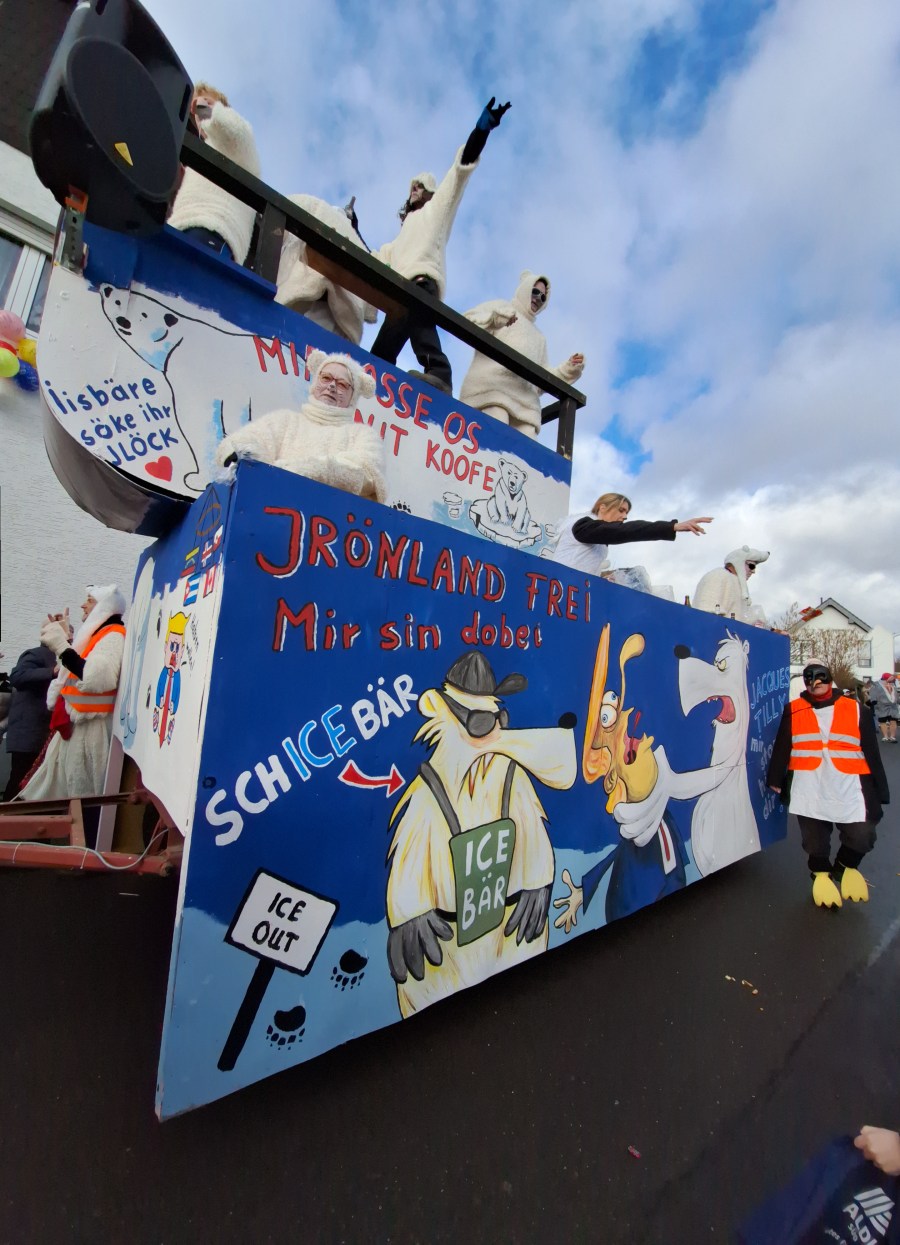
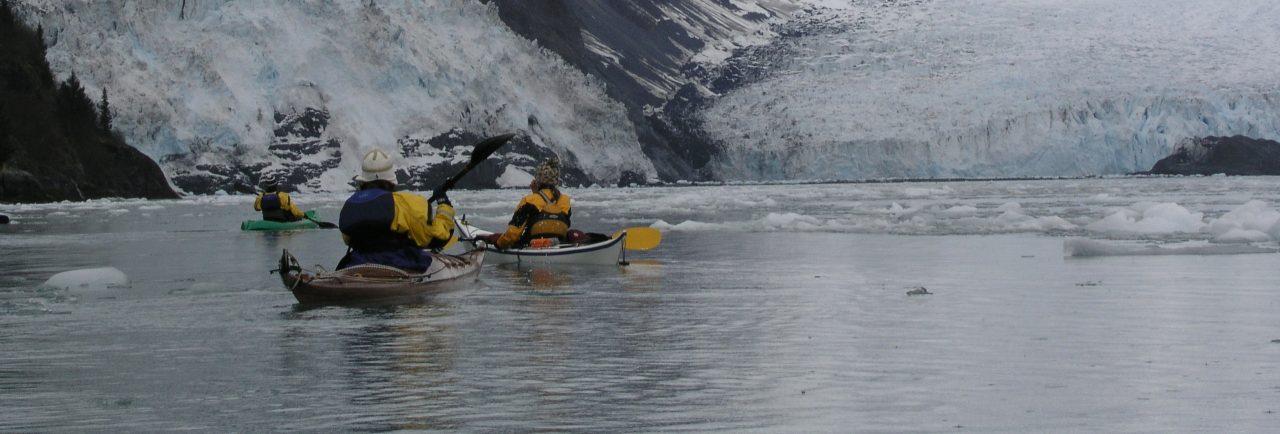

Geopolitical posturing and resource-grabbing: Trump is distracting from the real Greenland problem, as climate warming melts the ice, raising sea levels and disrupting ocean currents and weather patterns across the globe.
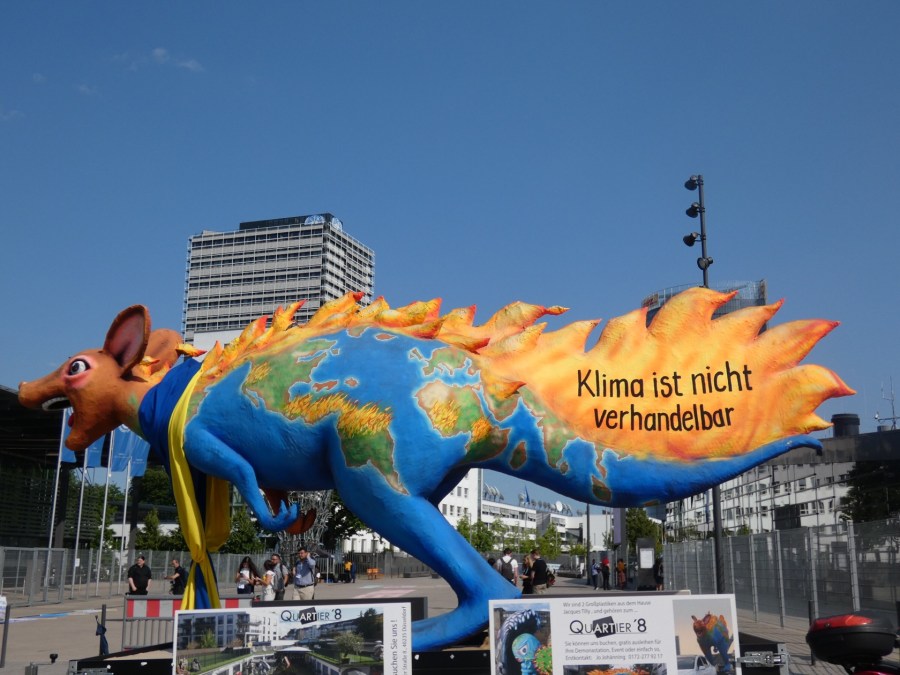
COP30 in Brazil ended without a mention of the need to phase out fossil fuels, in spite of growing damage from climate warming impacts. These UN negotiations have to be reshaped, the influence of the fossil fuel industry reduced while the transition to a low-carbon world speeds on elsewhere.
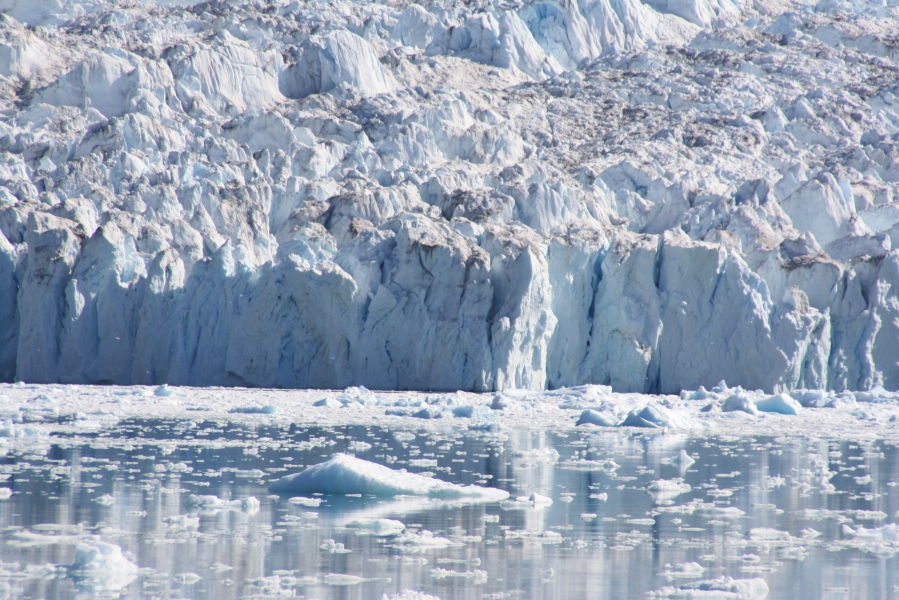
Given the heated times we live in, (in all the senses of the word) it was highly unlikely that this year's State of the Cryosphere Report would bring good news about the impacts of climate warming on our frozen regions. Global ice loss is not letting up any time soon. On the contrary. Ten years after the signing of the Paris Agreement, ice and snow loss is accelerating. If anything should convince the delegates attending COP30 in Brazil of the need for ambitious and urgent action, this latest assessment of the state of our frozen regions should. This is not just about ice and snow. As the Report's title says: Ice Loss = Global Damage.

As world leaders head for Brazil to focus on climate change, it is time for realism, pragmatism - and maybe even a little optimism, in spite of it all. It's that time of year again. The annual UN climate extravaganza comes around as regularly as Christmas. We're coming towards the turn of the year. It`s …
Continue reading COP30 in Brazil: Same procedure as every year? I hope not
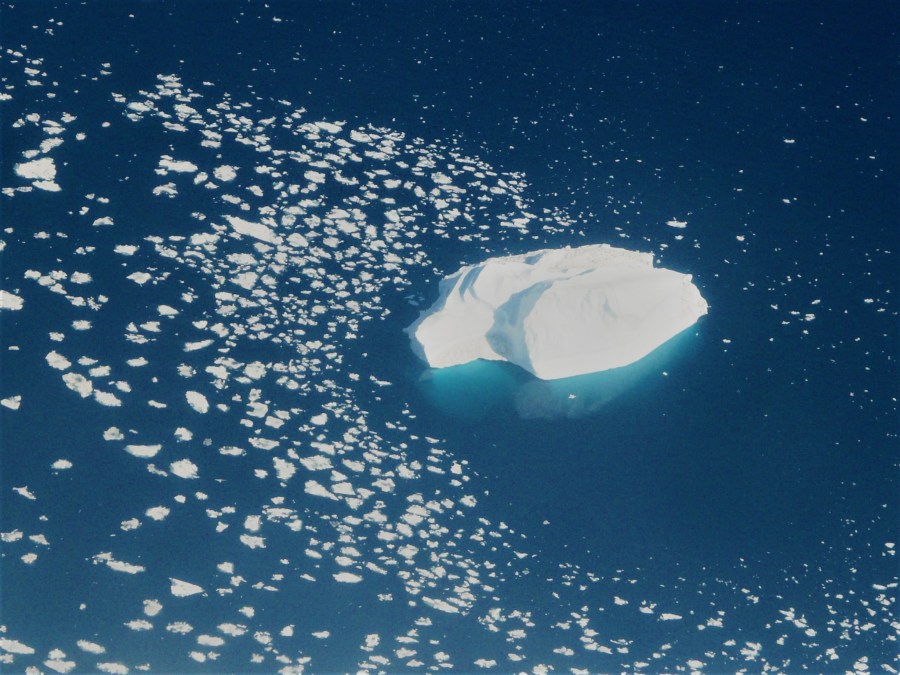
The polar regions are undergoing alarming climate changes, particularly in Antarctica, where ice loss is accelerating. A study warns that geoengineering solutions are unlikely to be effective, distracting from essential emission reduction efforts. Immediate, evidence-based actions are necessary to combat climate change and achieve net-zero emissions to stabilize global temperatures.

Whether you look at science or news reports of weather extremes across the globe, there can be no doubt climate warming is already playing havoc with our livels. So why is the willingness to do something about it decreasing? How can we bridge the huge gap between the threat we face from climate change and the lack of action to respond?

The shocking images of a glacier breaking off and covering a village in the Swiss alps highlights the urgent need to cut greenhouse gas emissions to minimize ice loss. As the first ever UN conference on glaciers opens in Dushanbe, Tajikistan, a new scientific study shows glaciers are even more sensitive to global warming than we thought.
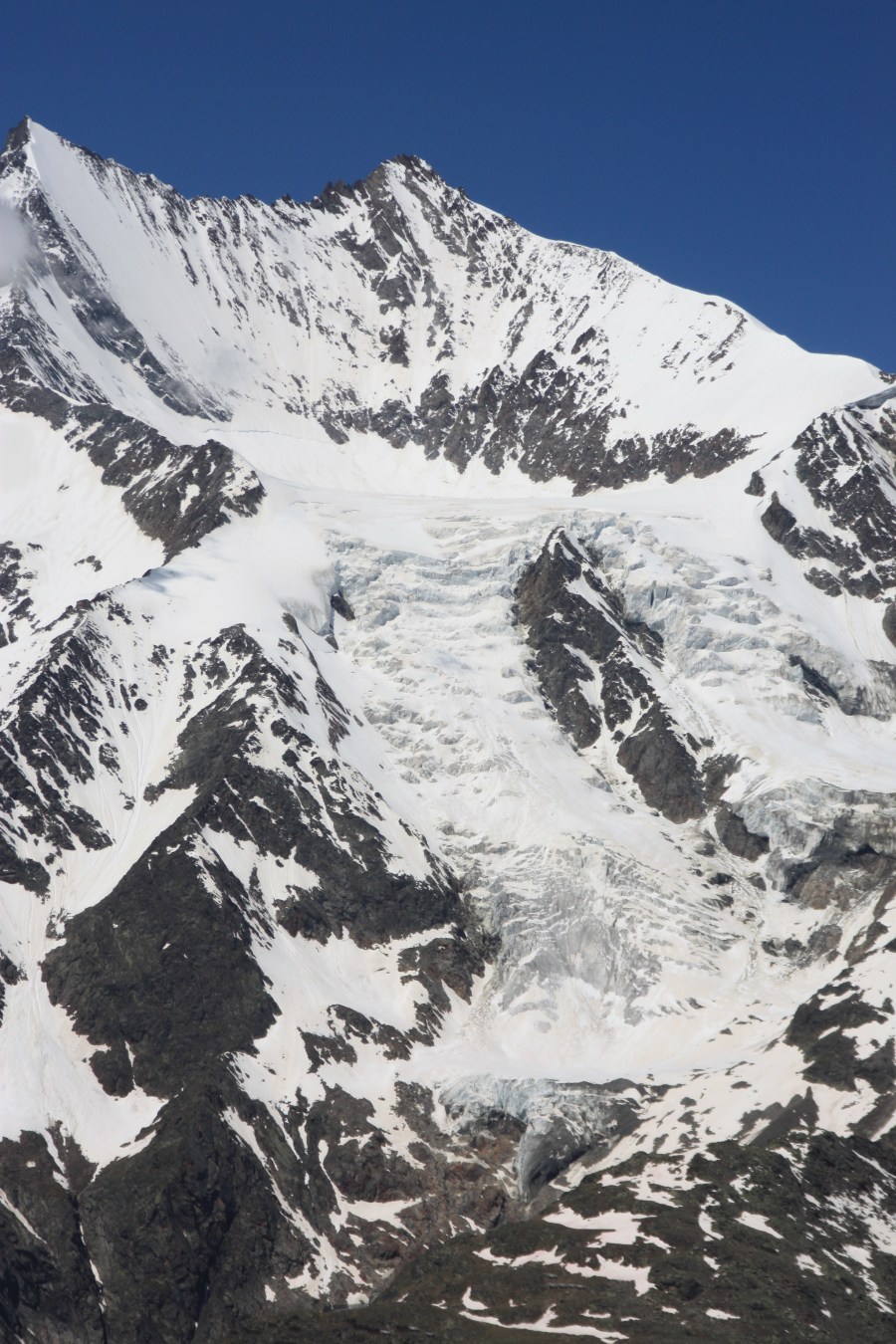
Accelerating ice melt from glaciers worldwide means an increased loss of freshwater resources, ever-faster sea level rise and life-threatening floods and landslides. In some regions, ice loss is already overtaking scientists’ worst-case climate scenarios. Only urgent emissions cuts can make a difference. The first time I ever saw and walked upon a glacier was in …
Continue reading First UN World Day for Glaciers – A call to climate action in desperate times

Trump leaves Paris (Agreement) and sets his sights on Greenland – China and Russia flex muscles in the Arctic, as climate warming transforms the icy north. Business boom or global climate catastrophe?

As we head into COP29 in oil-and-gas-rich Azerbaijan with the UN warning we are on course for up to 3°C of temperature rise, climate scientists are urging governments to focus on cryosphere. The frozen regions of our planet are warming several times faster than the global average. If the nations of the world cannot agree on measures to hold global warming to a maximum of 1.5°C, the experts warn of potentially devastating and irreversible impacts from cryosphere melt, not just for the icy north, but for the whole planet.
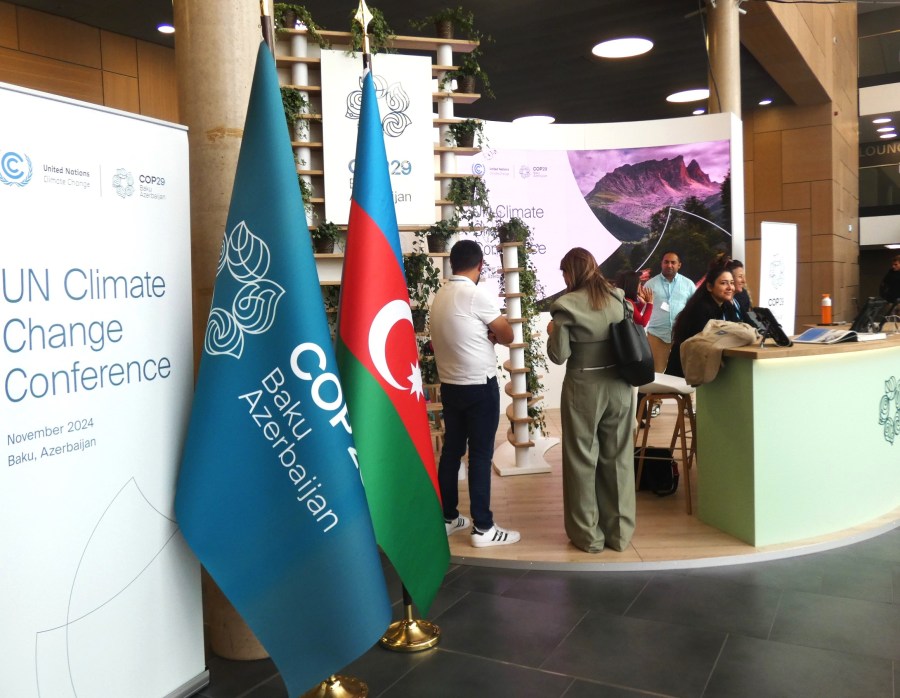
With record-breaking heat, unprecedented ice melt and widespread wildfires destroying the Arctic as we know it, eyes turn to the next UN climate conference in distant Azerbaijan. Can the world agree on urgent emissions cuts and climate justice in an authoritarian-ruled petrostate?
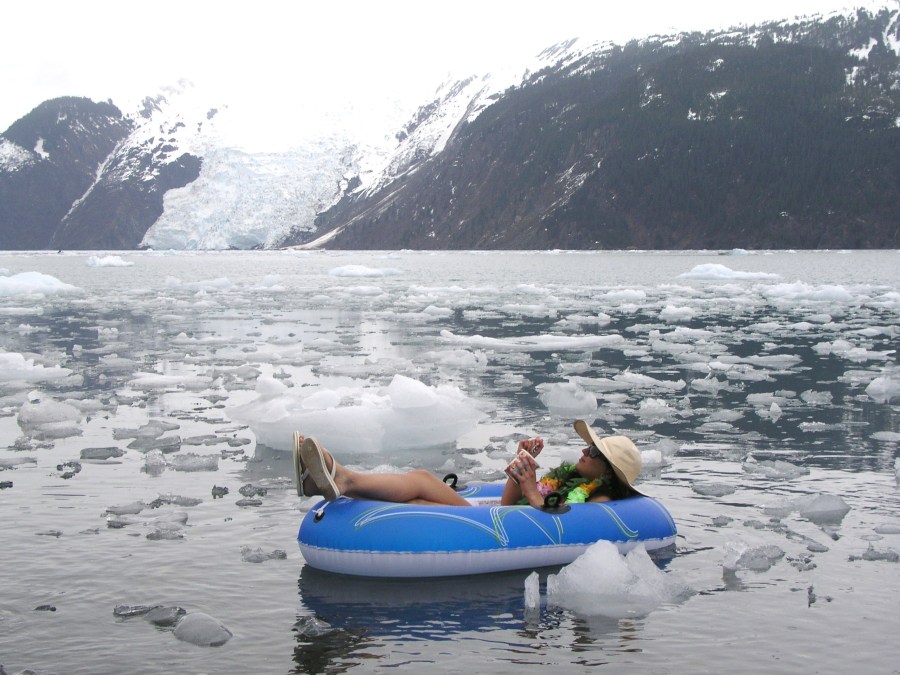
Six months after the last underwhelming UN climate conference COP28 in oil-rich Dubai, negotiators at the UN's climate headquarters in Bonn, Germany, have been trying to smooth the path to the next COP to be held in Baku, Azerbaijan in November. Another mega-gathering in another fossil-fuel capital - is there any hope of action to protect the world's rapidly melting ice and snow and avert the catastrophic consequences for the rest of the globe?
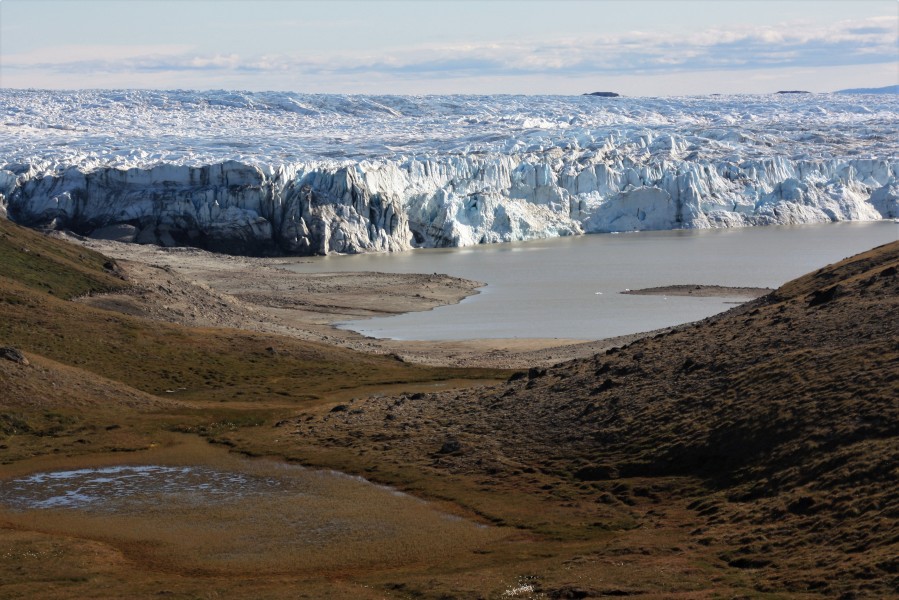
Greenland melt, ocean heatwaves, AMOC slowing, polar bears starving - Arctic developments so far in 2024 might give you the Climate Blues. Is there light on the horizon?

I went to Dubai for the UN Climate Conference COP28 with mixed feelings. On the one hand, the controversy over the location and the President, head of a giant fossil fuel concern, made me somewhat sceptical. On the other, I was driven by the awareness that this was a kind of last chance, with the …

There has never been a more pressing need for the world to unite and take urgent, radical action to halt emissions, to avoid further changes to the frozen parts of the Earth with catastrophic consequences for people all round the globe.

“It's too late to stop Antarctic ice melt.” But “the Greenland ice sheet might be more resistant to warming than we thought”, according to various recent studies. So should we stop worrying? Or give up on climate action? As we speed towards this year's UN Climate Conference COP28, to be held in – of all places - oil-rich Dubai, while wars in the Middle East and in Ukraine are distracting attention from the planet-threatening climate crisis, what we need is not complacency or resignation but a heightened sense of urgency.

It’s been a big week for climate, with hundreds of thousands of protesters taking to the streets around the globe as UN Secretary General Antonio Guterres hosted a Climate Ambition Summit on 20 September in the middle of Climate Week NYC and the annual meeting of the UN General Assembly (UNGA). Just 10 weeks before …

As temperatures spike, forests burn, oceans warm, ice melts in the Arctic, Antarctic and on the world's highest mountains, negotiators at the UN climate talks in Bonn, Germany are wrangling over documents to prepare for COP28 in oil-land Dubai at the end of the year. That meeting will tackle the "Global Stocktake" of climate efforts - and shortcomings.
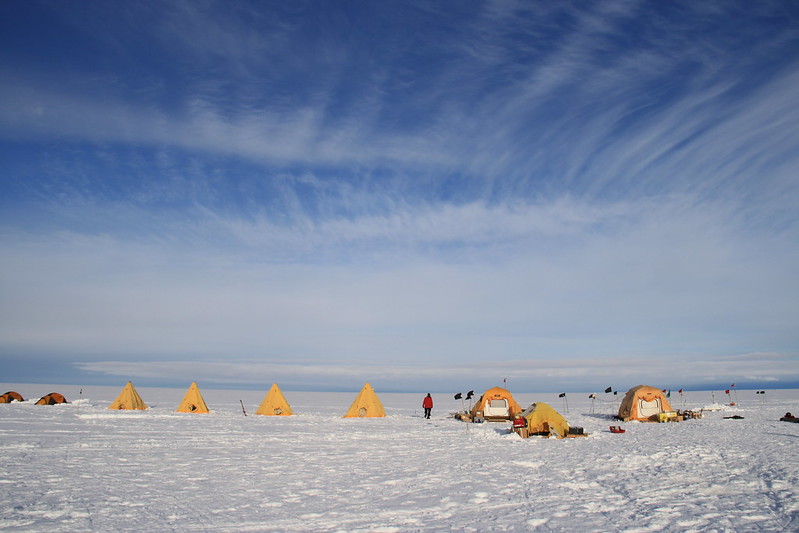
Climate change is impacting the frozen regions of our planet faster and more seriously than expected. The naming of two ice scientists as amongst the world's most influential people shows growing recognition of the key role played by the cryosphere and the urgent need to reduce greenhouse gas emissions to protect it.
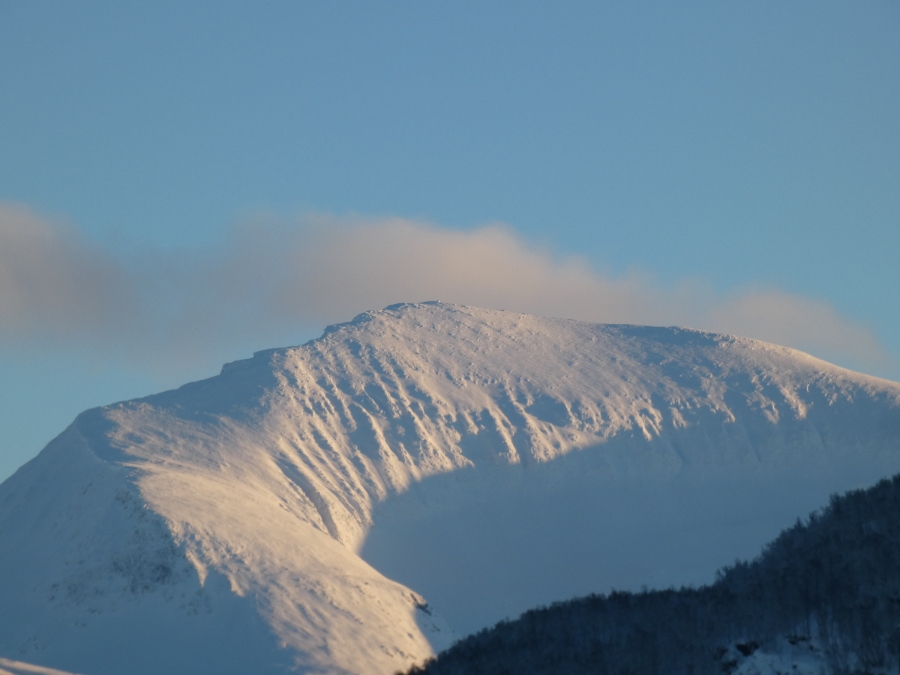
It's now one year since Russia invaded Ukraine. There’s no sign of any end to the conflict. And we are not looking at a regional dispute. This war has become a major clash between systems, with repercussions for the whole planet. Putin’s invasion has plunged us into a time of multiple crises – war, an …
Continue reading Earth’s temperature rises as geopolitical climate cools
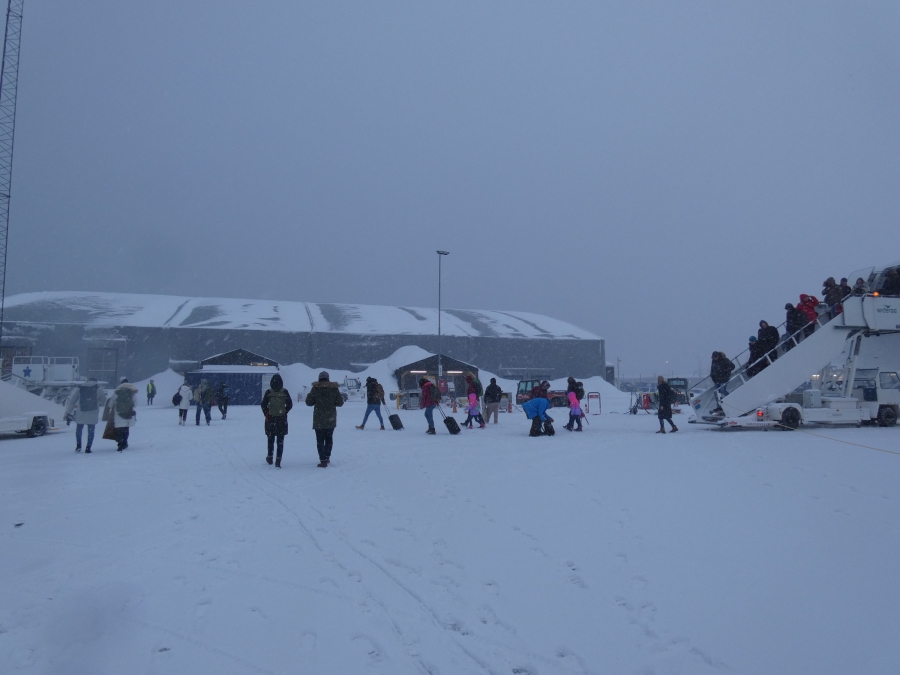
Tromso is living up to its image as Norway's Arctic capital, as I step off the plane into a flurry of snowflakes and a landscape of white. I first came up here to to the Arctic Frontiers gathering in 2007 to research and make contacts for a series of documentaries to mark the International Polar …
Continue reading Moving North – Arctic Frontiers in a changing world
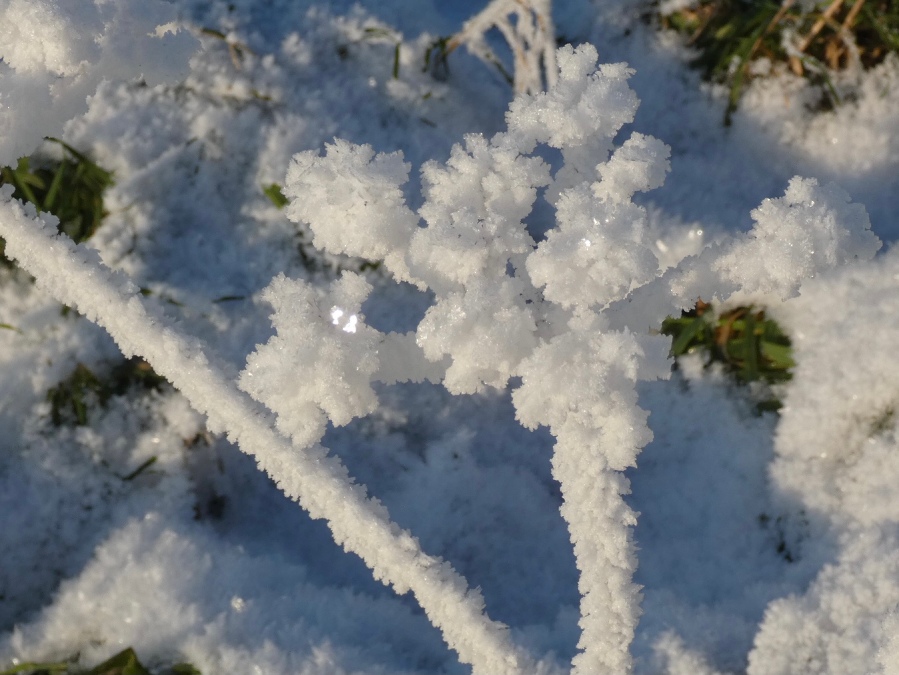
The Arctic and the rest of the planet are heating up rapidly. Emissions are at a record high and fossil fuels in demand against the background of the energy crisis through Russia's war on Ukraine. Can 2023 bring a decisive shift in climate action?

2022 has seen exceptional warmth and ice melt in the Arctic, with consequences for the whole planet. But against the background of Russia's war on Ukraine, climate action has stalled. It's high time to cut emissions and speed up the energy transition.

Rarely have I heard the Arctic being mentioned so often in the media as in this hottest of summers. I wish the reason was a good one. Alas. The warming Arctic plays a key role in the development of the heat-waves currently disrupting life and livelihoods around the globe.
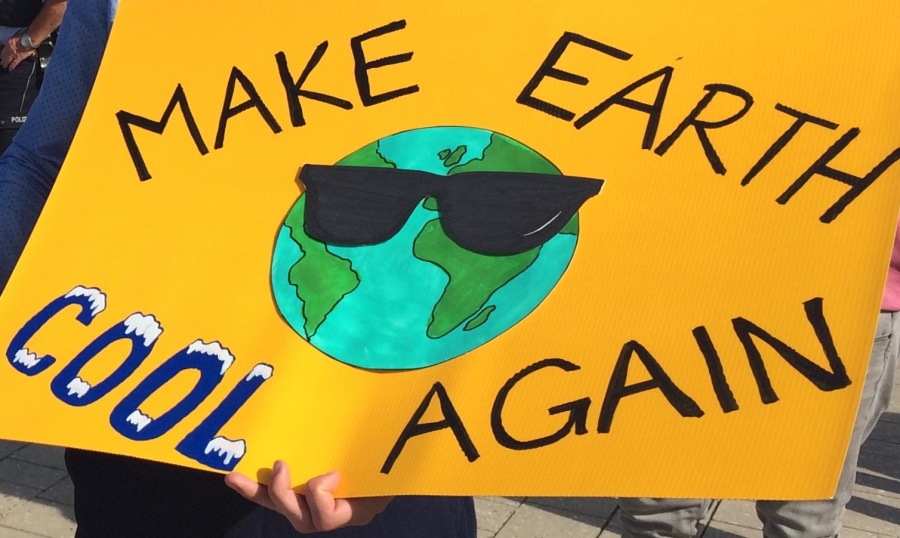
UN negotiators are discussing measures to tackle climate change in the German city of Bonn. Meanwhile, the Arctic has seen its first heatwave of the year and the Russian war on Ukraine appears to have sparked a fossil fuel revival.
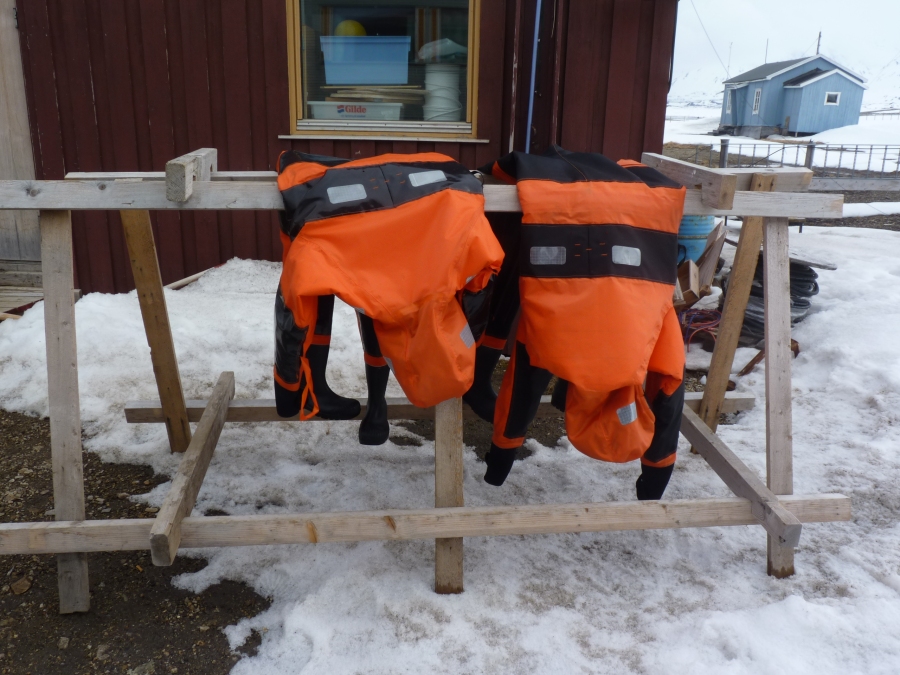
Durham University just hosted the UK Arctic Science Conference 2022. Interesting times, in the shadow of the Russia-Ukraine invasion and troubled relations between Moscow and the West. Still, international collaboration to research the changing Arctic is key.
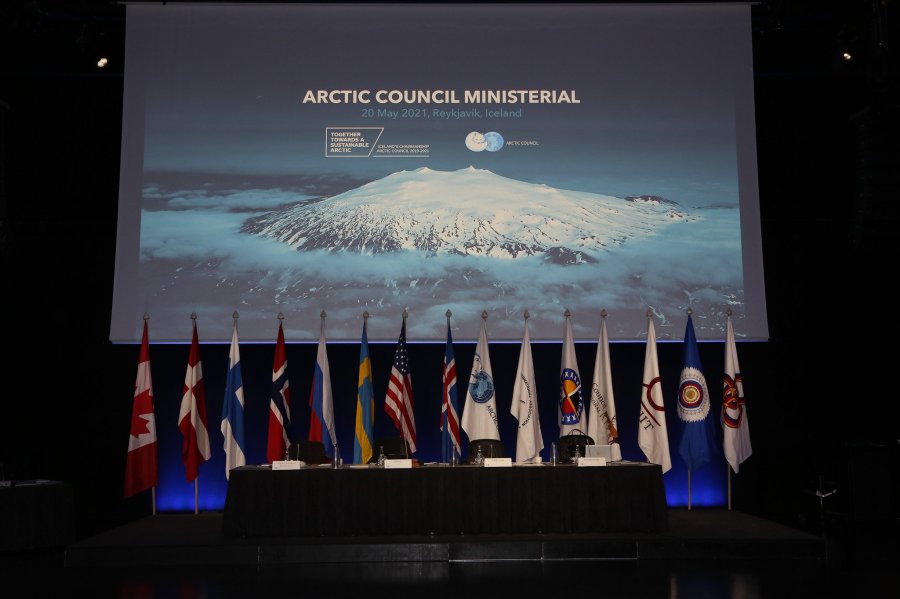
Students in the Scottish coastal town of Oban are staging the country's first Model Arctic Council. The pro-independence government is keen to extend links with its northern neighbours. It's an interesting time to hold SCOTMAC, when the Arctic Council's work has been paused over Russia's invasion of Ukraine.
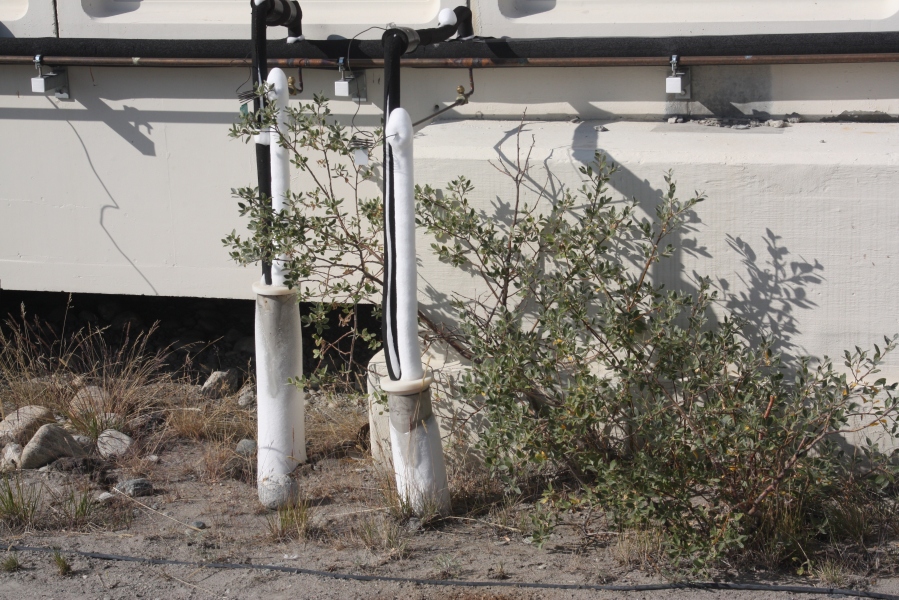
Arctic permafrost is thawing, threatening northern communities and speeding up the climate change that is thawing it in the first place. Only rapid and substantial cuts in greenhouse gas emissions can help avert catastrophe.
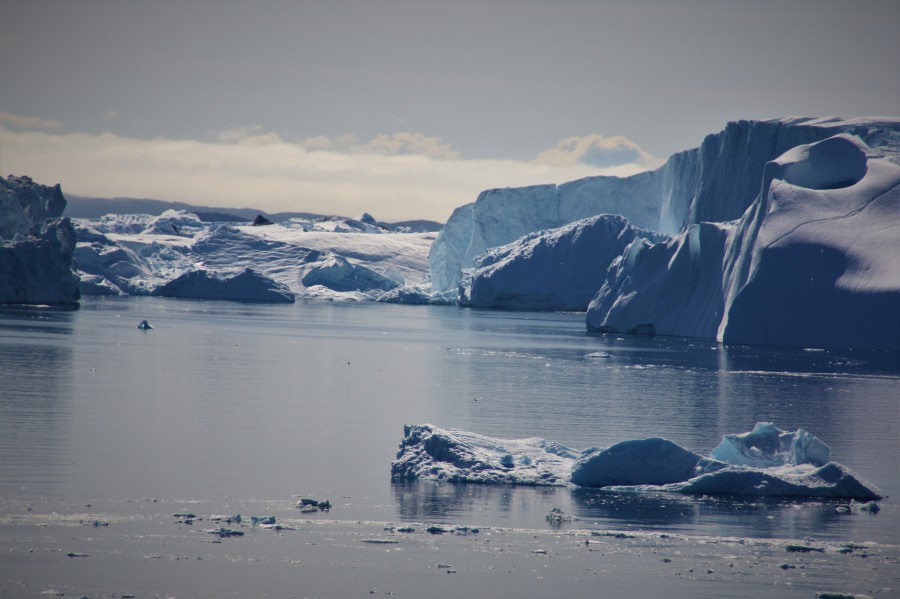
At the end of a year of fires, floods and other climate catastrophes, is the world coming to its senses? Or are we burning on regardless?
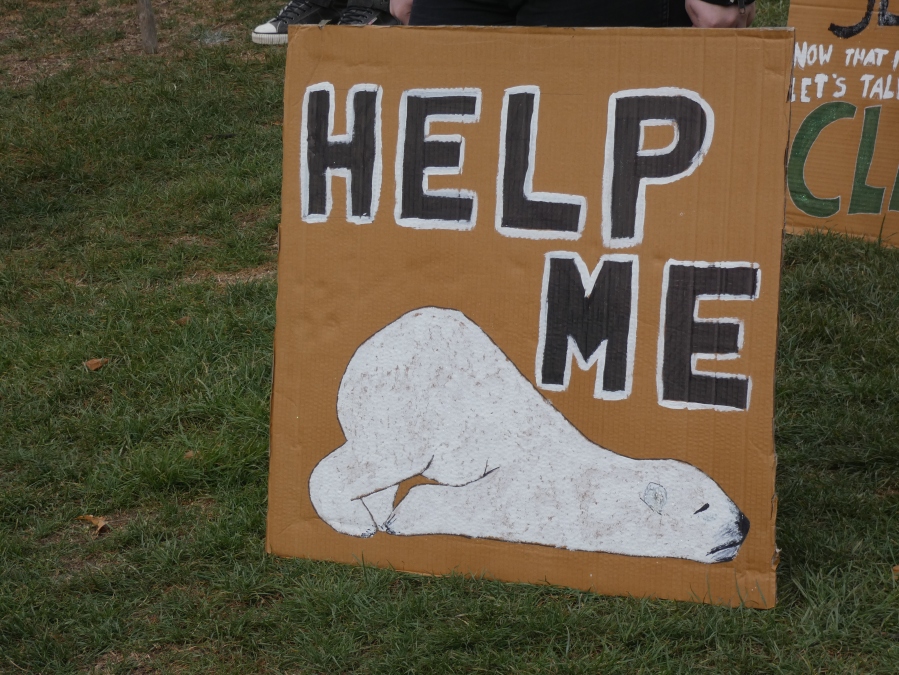
My expectations for COP26 were not high. What we needed to come out of it was huge. But at the latest when the G20 leaders meeting in Rome ahead of the Glasgow conference failed to agree on a commitment to achieve net zero carbon emissions by 2050, it was looking highly unlikely that we would …
Continue reading Glasgow outcome: a COP-out for the Arctic – and the rest of the planet
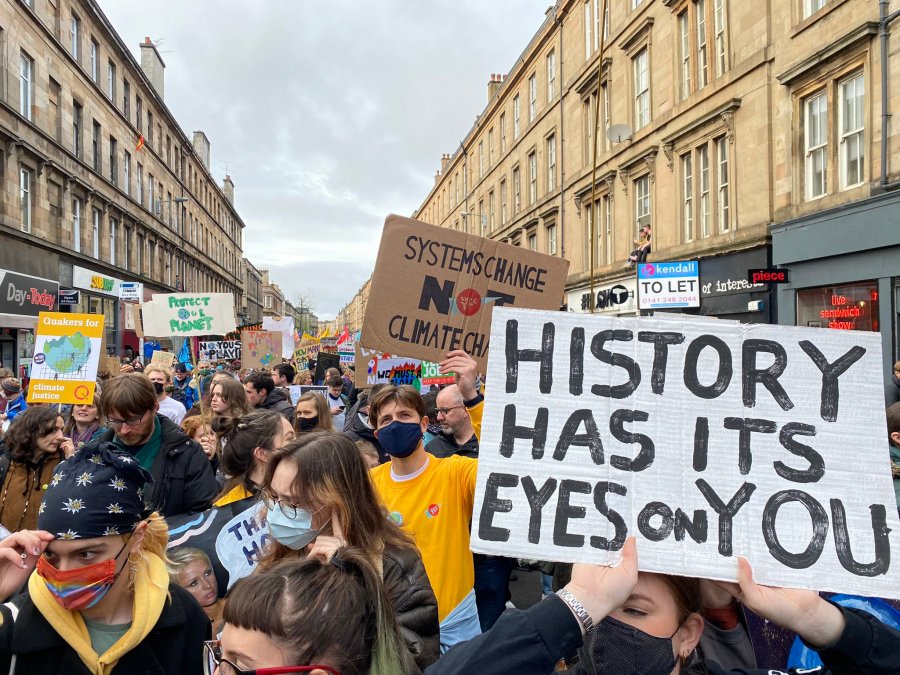
Will Glasgow’s COP26 be remembered like Copenhagen (disaster) or Paris (breakthrough)? Is the climate glass half empty or half full? With more than half the negotiating time over, you could be forgiven for wondering if there are two parallel events going on. Depending on who you listen to, you could expect either. The mass demonstrations …
Continue reading Walk the talk? Can COP26 drive global transformation in time to save the planet?
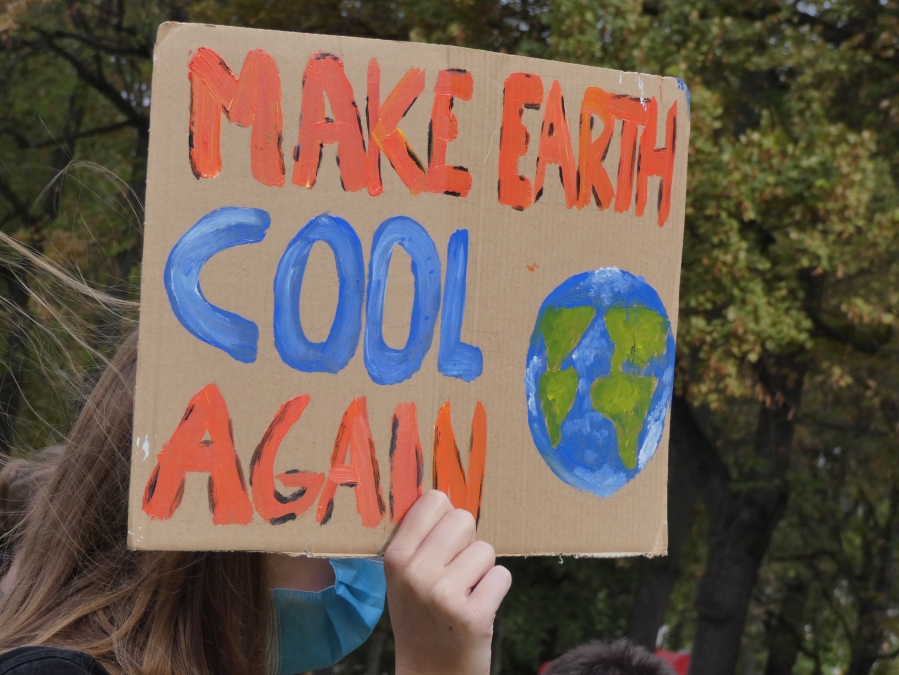
The situation for planet earth was looking bleak. There was more of those dangerous heat-trapping gases in the atmosphere than ever before (and the records could go back way beyond the bounds of human history, looking into the earth, the oceans and the ice.) The planet had become a hothouse. The ice at the poles …
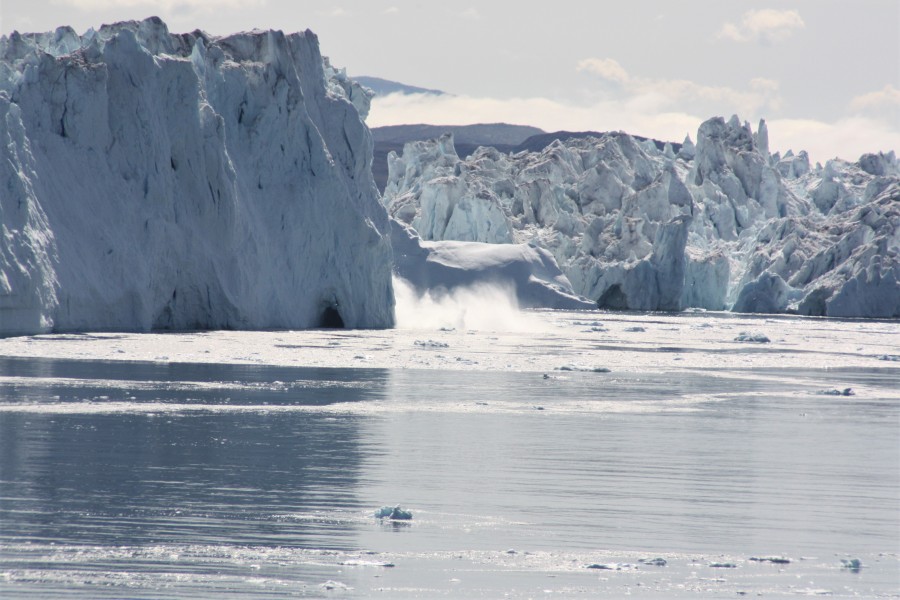
Top scientists working on the Greenland ice sheet and Arctic climate change issued an urgent message. The ice sheets in Greenland and Antarctica are melting faster than ever, with catastrophic implications for global sea level and the world's weather – and only rapid and substantial action can slow the pace.
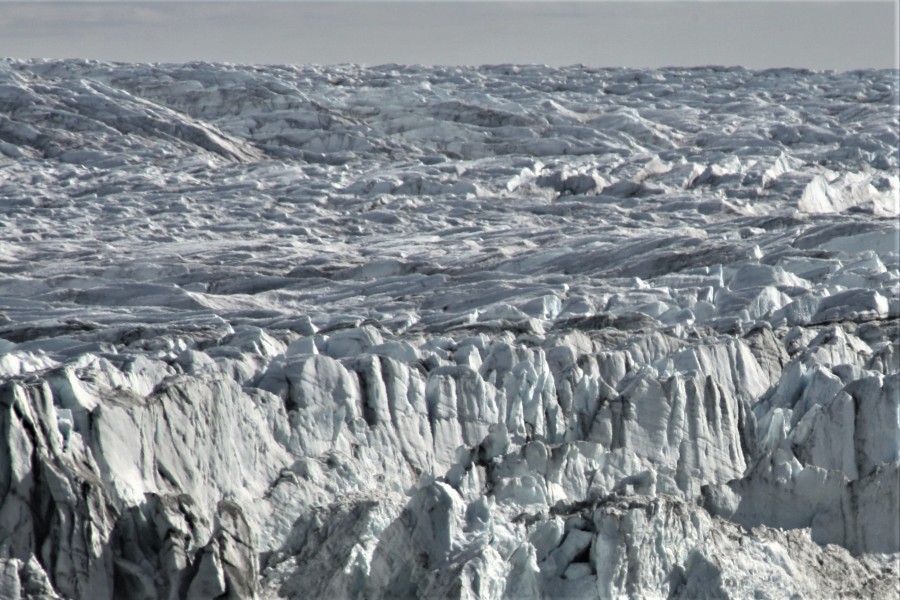
Rain has fallen on the highest point of Greenland's ice sheet for the first time ever. The world's climate experts have given their starkest forecast for the future of the climate. Net zero by 2050 will not be enough to stabilize it. Without negative emissions, catastrophic impacts cannot be avoided.
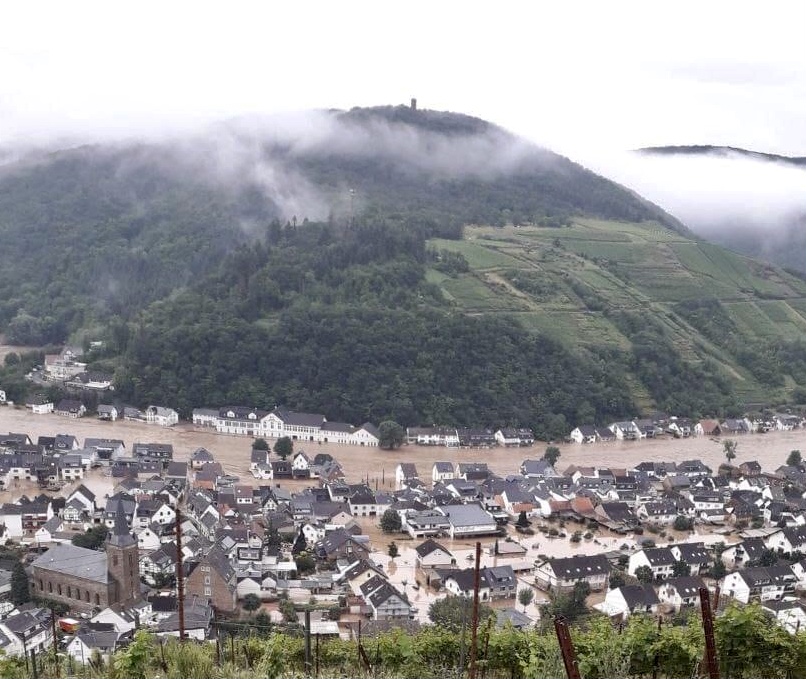
We are fine and glad to live up a hill, but in shock, with the region around us devastated by the heaviest and longest lasting rain I have ever experienced and unprecedented floods. At least 160 people are dead here, more in neighbouring Belgium, and many more missing. This is in Germany, one of the …
Continue reading 1.5°C is way too high: thoughts from a flood-stricken German valley

I was working through my Twitter feed, fretting about the incredible temperatures in the high north and researching my next blog post. Could geoengineering be the way to cool the Arctic and the planet? Should it? And was the current hype about it not distracting too much attention from the need for immediate and drastic …
Continue reading Tipping points: can a leaked report tip the scales to climate action?
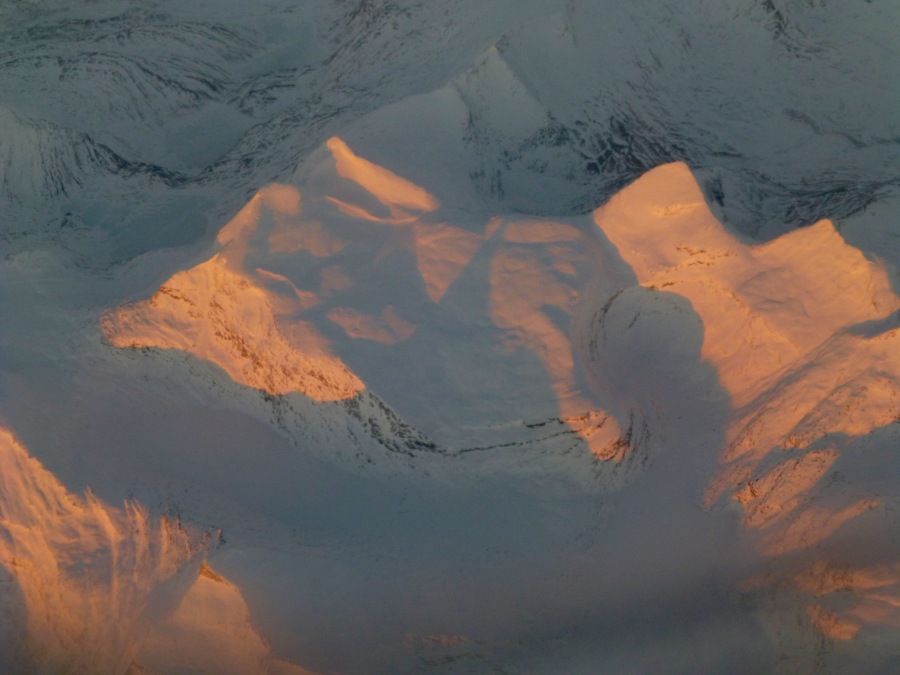
The bi-annual Ministerial Meeting of the Arctic Council in Reykjavik, Iceland, on May 20th attracted a lot of media interest – not least because the new US Secretary of State Antony Blinken was attending, alongside Russian foreign Minister Sergey Lavrov. This is one arena where the two rivals and Cold War adversaries come together as …
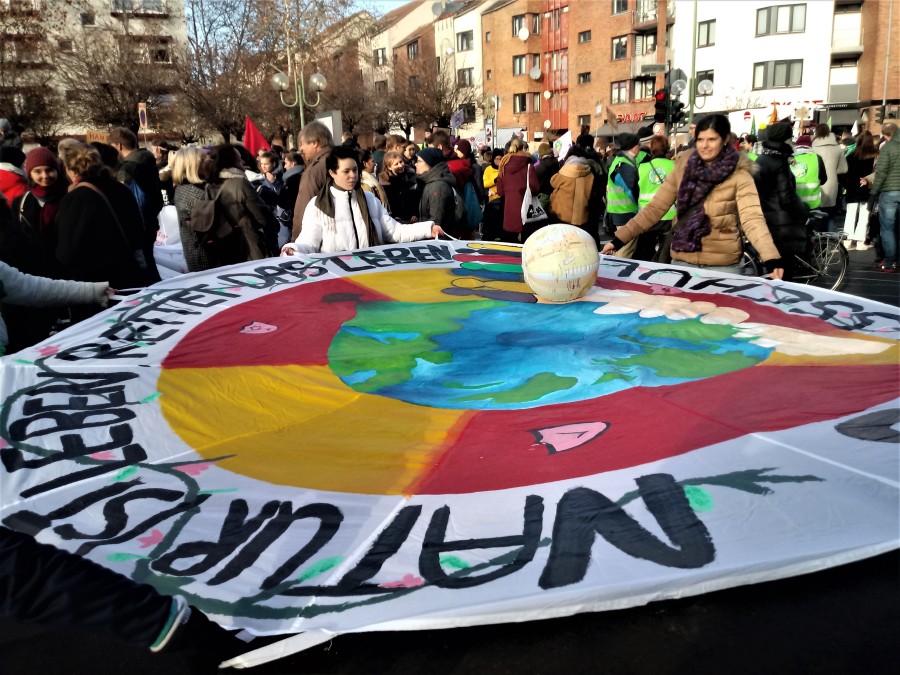
In Germany, where I live, the country's highest court, the Federal Constitutional Court, - unnoticed by much of the international media – recently issued a game-changing verdict in a case initiated by campaigners supported by groups including Fridays for Future and Greenpeace. The plaintiffs argued the government was failing to act on climate change. The …
Continue reading German High Court win for climate activists is good news for the Arctic
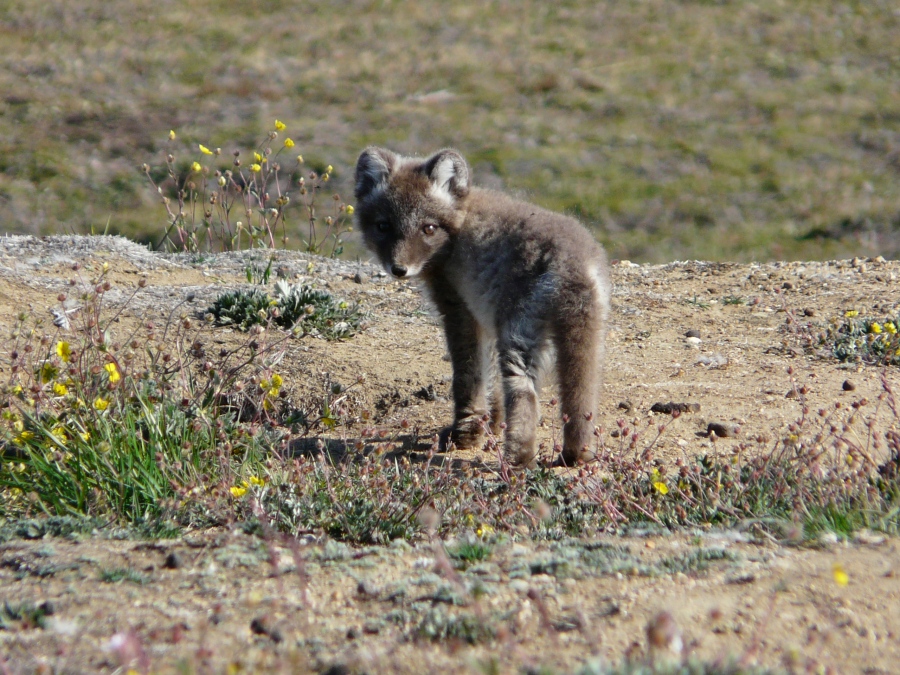
The United Nations Environment Programme is calling for bold action to “make peace with nature” by cutting greenhouse gases and restoring biodiversity as the world emerges from the COVID pandemic. “Innovation and investment only in activities that protect both people and nature”, is the motto. What does this mean for the rapidly changing Arctic and the Indigenous peoples living there?
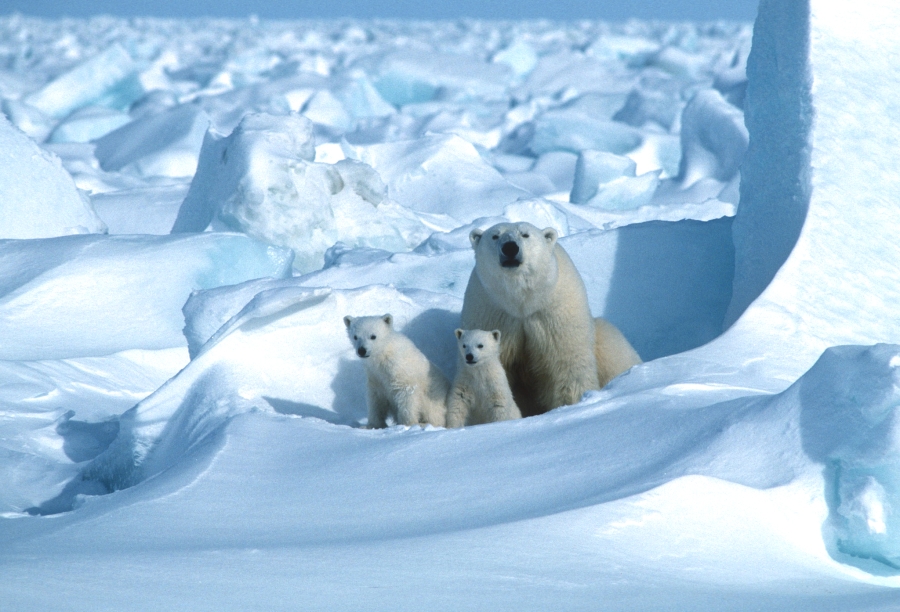
February 27th is International Polar Bear Day. In the rapidly warming Arctic climate, sea ice is declining at record rates, destroying the habitat the bears need to survive. Rapid emissions cuts could still ensure their long-term survival. Otherwise, all but a few populations could collapse by 2100.
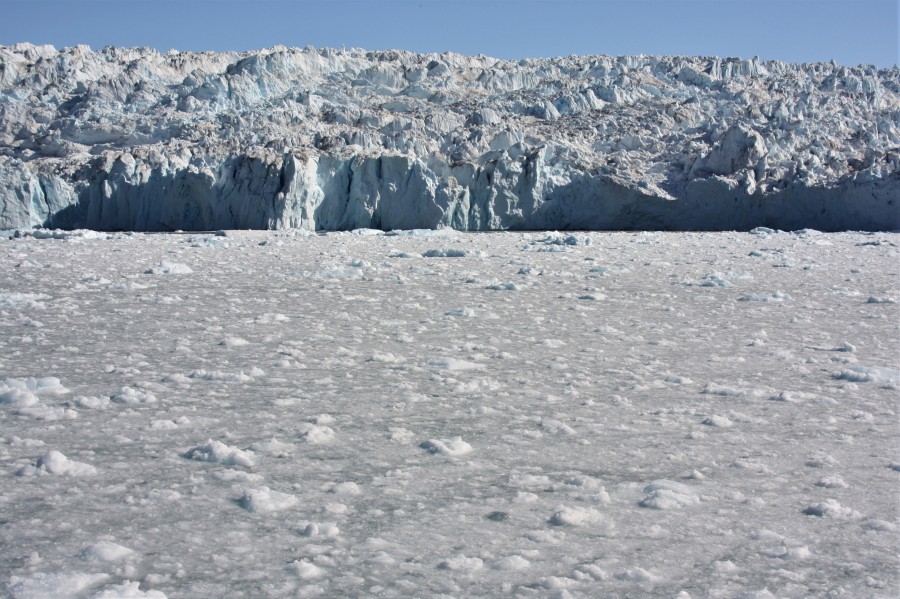
As I started work on this post, on December 23rd, the thermometer here in north-western Germany showed 14° Celsius. I’ve long given up dreaming of a White Christmas in this part of the world, but roses and honeysuckle in bloom in mid-winter? 2020 marked the close of the warmest decade (2011-2020) on record, according to …
Continue reading 2021: Future doesn’t just happen – It’s what we make it
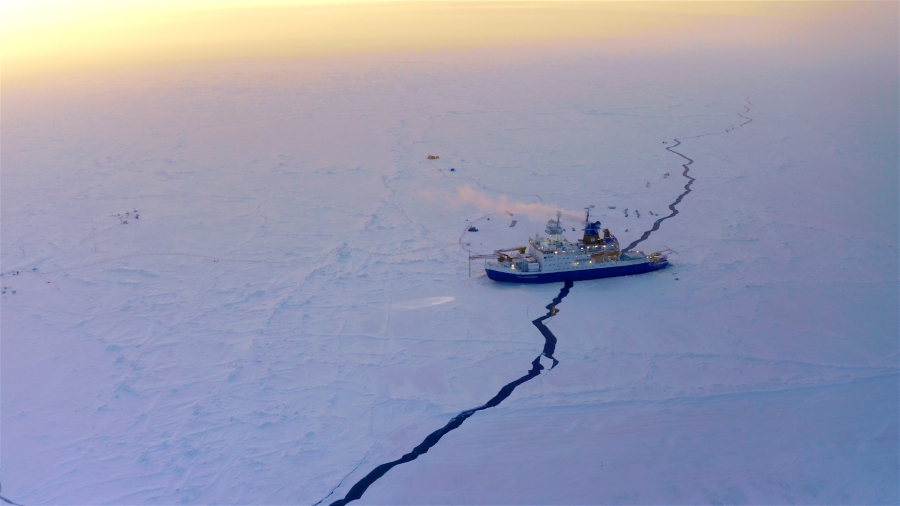
Last Monday, Germany’s public service broadcaster ARD dedicated its prime viewing time after the evening news to the Arctic, the start of a whole week of themed programme contributions. It showed a film documentary on the MOSAiC project, a spectacular year-long expedition, during which the legendary icebreaker Polarstern – (pole star) belonging to Germany’s polar …
Continue reading The Arctic, the climate: some gloom but no doom – and a promise of progress

Imagine you head for the North Pole to test your brand-new giant, state-of-the-art icebreaker – and you can’t find any ice thick enough to smash. That must have been a frustrating anti-climax for the crew and operators of the Russian Arktika. When I read the story by Thomas Nilsen on the Independent Barents Observer, I …

Greenland's massive ice sheet is melting ever faster in a year of record temperatures. Has it passed the point of no return?
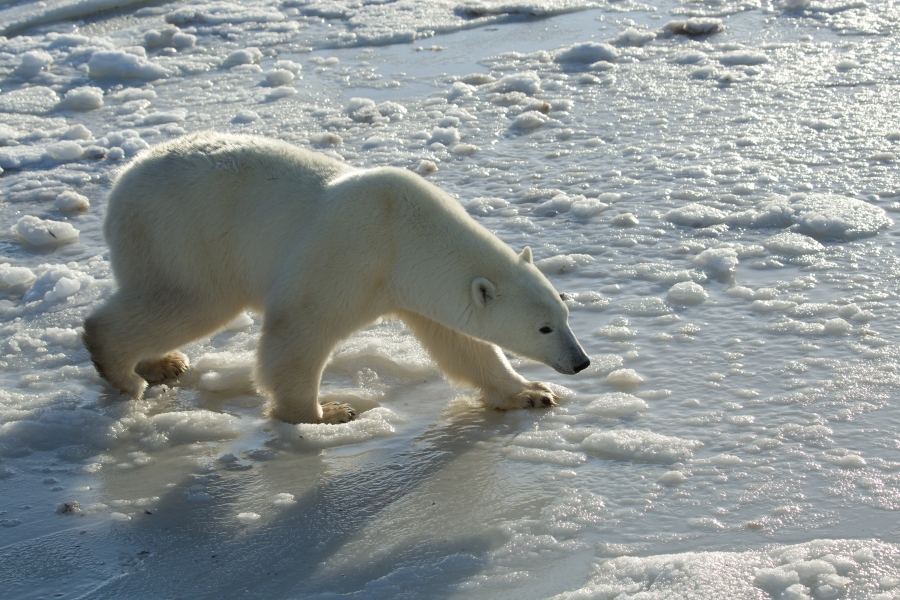
Rapid emissions cuts could still ensure their long-term survival. Otherwise, some Arctic regions seem set to lose polar bears by 2080 – and all but a few populations could collapse by 2100, according to a new study.
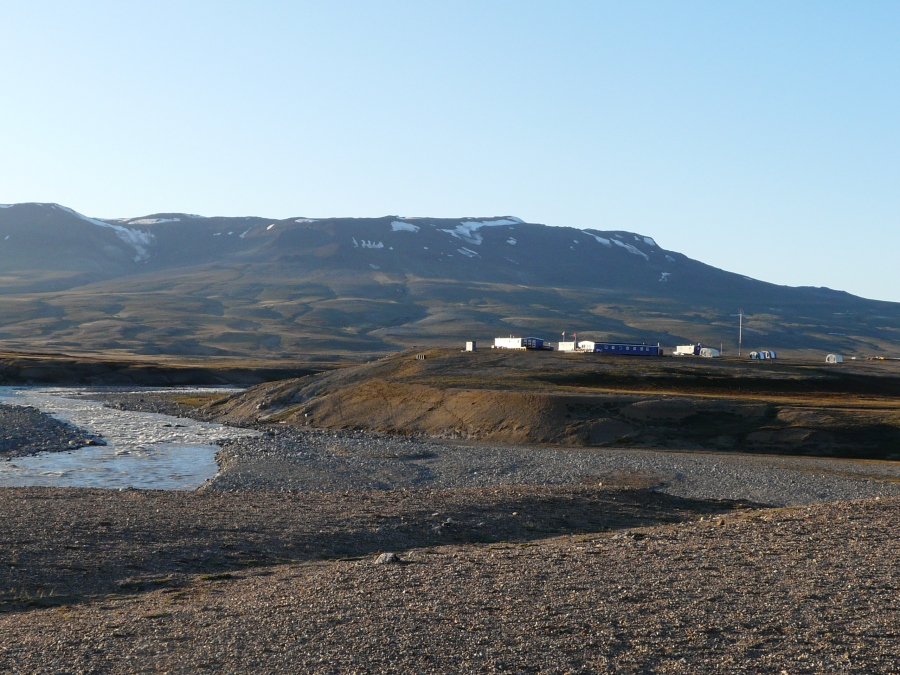
Zackenberg station from the air (I.Quaile) In the remote, high Arctic region of north-eastern Greenland, at 74° North, a scattered group of blue and white buildings and tent-like structures perches above a river which starts to swell with melting ice, in a broad valley amongst green and brown hills, dotted with snow. For almost 25 …

Heatwaves across the Arctic, smouldering wildfires, early melt onset in Greenland while corona holds up climate negotiations- summer 2020 takes us into unknown territory.
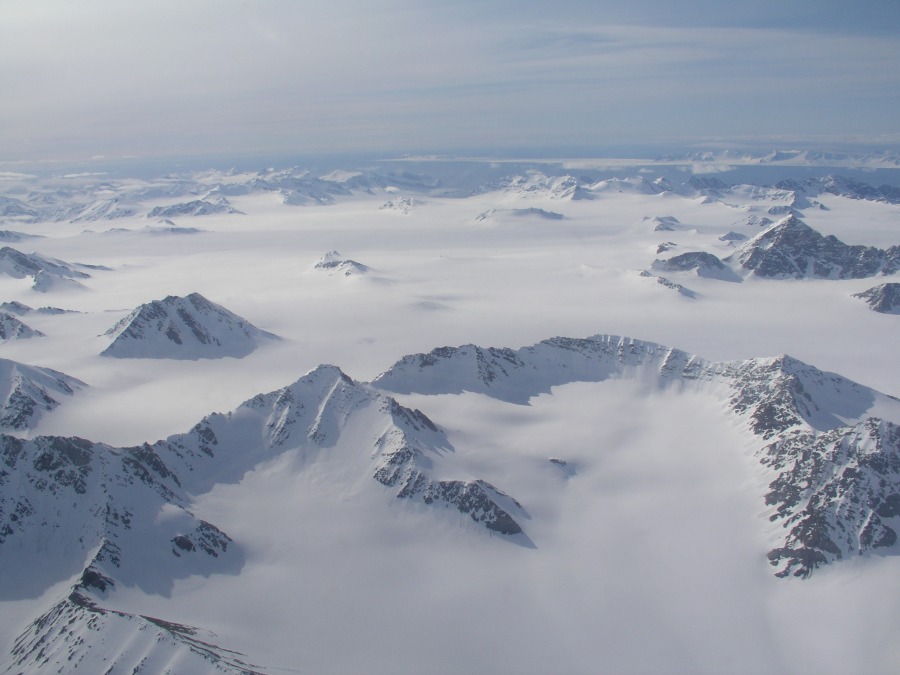
This blog post was written for Arctic Relations , a website devoted to “Arctic scholarship and stories”, led by Hannes Hansen-Magnusson, a Senior Lecturer in International Relations at the University of Cardiff, and coordinated by Charlotte Gehrke from the same University. There is a wonderful network of Arctic experts and enthusiasts around the planet. Thanks …
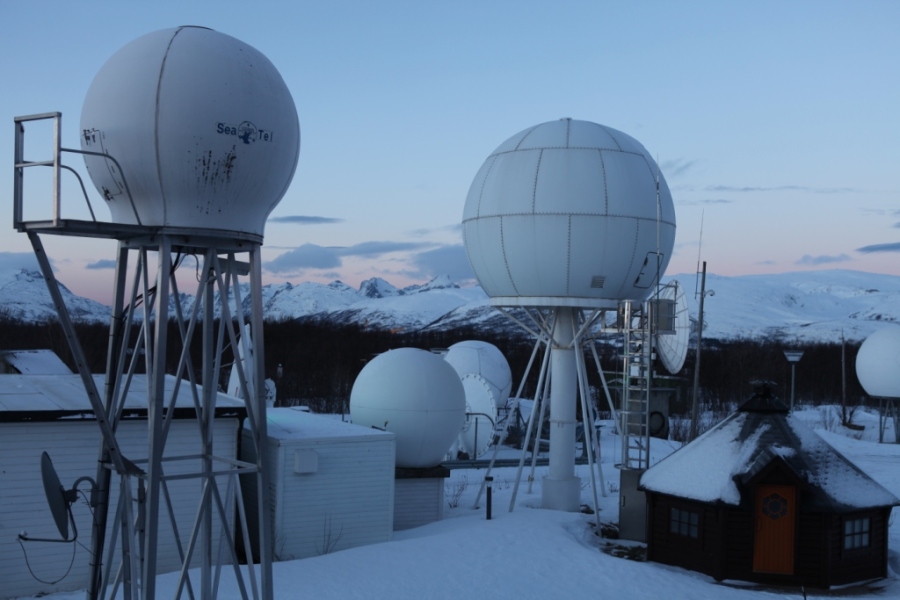
With much of the world in lockdown and the potentially lethal corona virus dominating the agenda, it is easy to become distracted from other important issues – such as climate change in the Arctic. There is a trend - which I consider unfortunate and counter-productive - especially in the social media to discuss how the …
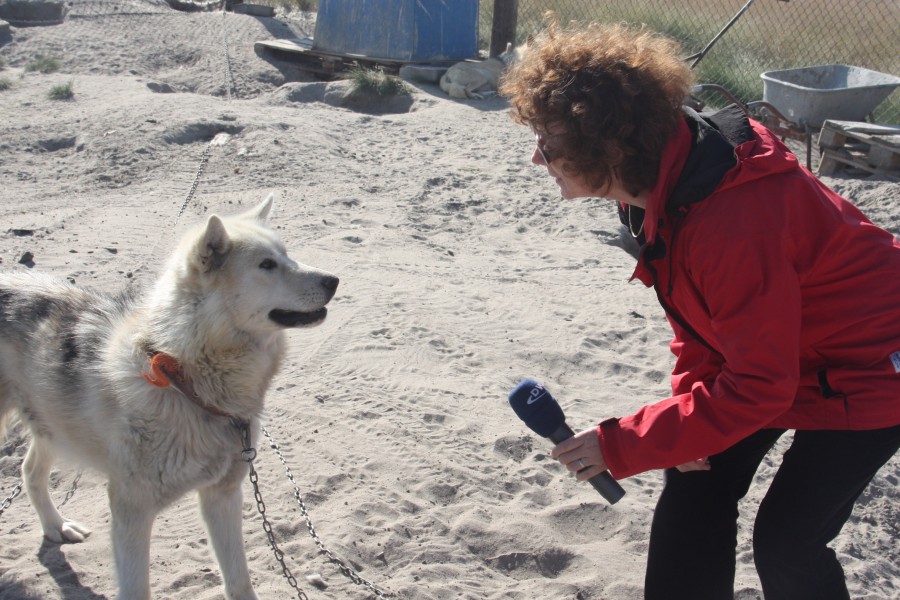
As the iceblogger - like most folks these days - gets organised in the days of corona, with virtual meetings and conferences in the making, perhaps these favourite Arctic pictures will bring a smile until the next post is ready. If you read German, I have written a couple of articles for Polar Journal, where …